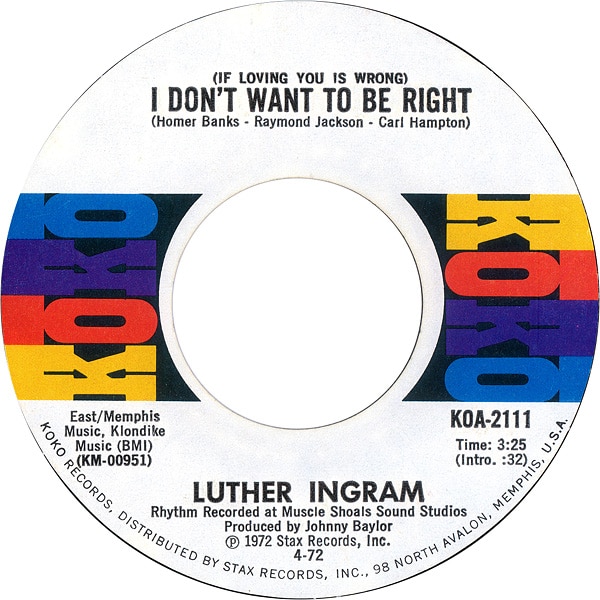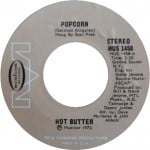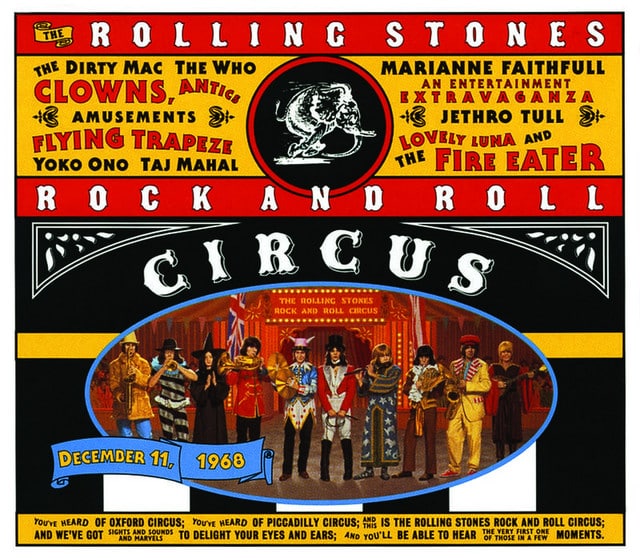
Song Of The Day by Eric Berman – The Jukebox Series #8 – Luther Ingram: “If Loving You Is Wrong (I Don’t Want To Be Right)” b/w Hot Butter: “Popcorn” – Collectables Records Double A-Sided 45 RPM Single COL-3170 (O1/P1)
“The Jukebox Series” focuses on the 80 records that inhabit my 1963 Seeburg LPC1 jukebox. I’ve had my jukebox (or as I like to call it “the prehistoric iPod”) for a little over twelve years and in that time I’d like to think that I’ve perfected the mix of 45s within.
Today’s classic comes from a double A-sided reissue single on the Collectables record label released specifically for jukeboxes featuring two big hits by two different artists. Most of the records in the juke are original pressings, however this was the only copy of Ingram’s soul classic I could find at the time I was looking, plus having two hit singles by two different artists on one record is indeed a bonus.
The A-Side of today’s double-sided single is Luther Ingram’s infidelity ballad “If Loving You Is Wrong (I Don’t Want To Be Right),” which is one of the greatest soul singles of all time! The song was written by STAX songwriters Homer Banks, Carl Hampton and Raymond Jackson. Banks also wrote the Sam And Dave classic “I Can’t Stand Up For Falling Down,” and billed as “We Three” with Raymond Jackson and Bettye Crutcher, wrote Johnnie Taylor’s “Who’s Making Love” and The Staple Singers’ “If You’re Ready (Come Go With Me).”
“If Loving You Is Wrong” was originally recorded in 1970 by The Emotions with an up-tempo arrangement that didn’t serve the song well. As a result, the record was left on the shelves of STAX records unreleased. Luther Ingram moved to Memphis after several failed attempts at a recording career in New York City and signed a recording contract with the KoKo label which was distributed by STAX Records. With the label, he found success scoring the top-ten R&B hit “Ain’t That Loving You (For More Reasons Than One)” in 1970.
While at STAX, Ingram discovered The Emotions’ version of “If Loving You Is Wrong” and rearranged and recorded the song as a mournful ballad. His version topped the R&B charts and rose to the number 3 position on the pop charts in 1972, selling over four million copies.
The song has been covered by a plethora of artists including Isaac Hayes, Rod Stewart, Percy Sledge, Bobby “Blue” Bland, Ramsey Lewis and Cassandra Wilson. Millie Jackson’s 1974 chart version of the song was expanded into an eleven minute suite complete with a spoken “rap” which was nominated for two Grammy Awards. Barbara Mandrell also scored a country hit with her rendition of the song in 1978.
If all Ingram did in music was to give us this signature recording, his stature would be sealed as an R& B great, however Ingram was also the co-writer(with Mark Rice) of The Staple Singers’ empowerment anthem “Respect Yourself.”
The flip of this double A-sided single is “Popcorn” by Hot Butter. “Popcorn” was a bubbly electronic confection composed by German musician Gershon Kingsley who was known for his work composing classical and Broadway music, and writing TV commercial jingles. Kingsley recorded the influential electronic album The In Sound from Way Out! with Jean-Jaques Perrey for Vanguard Records in 1966. The album promoted the use of synthesizers in pop music years before German recording artists Can and Kraftwerk.
Kingsley first recorded “Popcorn” for his 1969 album Music To Moog By, and then recorded the song again in 1971 with his First Moog Quartet. Stan Free was a member of The First Moog Quartet and re-recorded the song in 1972 under the name Hot Butter.
Hot Butter’s record came out during the moog craze of the early 1970s that saw classical records by the likes of Walter/Wendy Carlos (Switched On Bach) and Isao Tomita (Snowflakes Are Dancing) cross over to the pop charts and sell millions of copies. Hot Butter’s recording was one of the first all-electronic records to chart on the Billboard Hot Singles Chart, peaking at #9 pop and #4 on the adult contemporary charts.
The song was not named for popcorn that you eat; rather it was an amalgam of “pop” for pop music and “corn” for the kitsch and novelty of the recording. It has been covered by the likes of Herb Alpert & The Tijuana Brass, Jean Michel Jarre, Arthur Fiedler & The Boston Pops, James Last, Norrie Paramour, Ronnie Aldrich and The Muppets.
Kingsley also wrote the music used by Disney theme parks for its Main Street Electrical Parade and the theme from the TV game show The Joker’s Wild.









